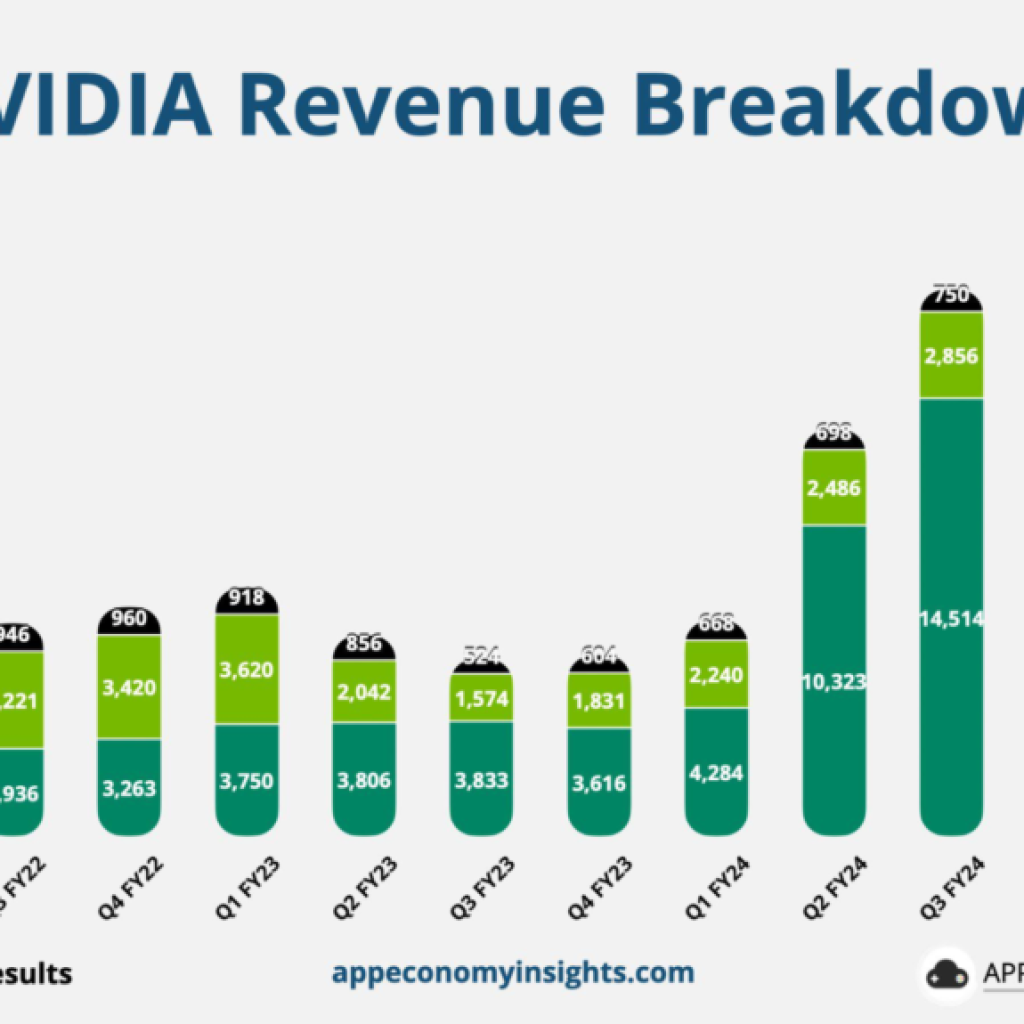In a world where technological advancements are reshaping industries, the amalgamation of artificial intelligence and the entrepreneurial spirit is creating a paradigm shift in business dynamics. Contrary to the belief that automation might stifle creativity, AI is proving to be a revolutionary force, unlocking unprecedented opportunities for innovation. This report delves into the transformative influence of AI on entrepreneurship, exploring how it is reshaping financial landscapes, addressing skill gaps, and amplifying the creative process.
Financial facilitation – Redefining the entrepreneurial landscape
The advent of AI has ushered in a new era for aspiring entrepreneurs, making the financial hurdle less daunting. Kian Katanforoosh, a lecturer at Stanford University and CEO of Workera, emphasizes how AI is a game-changer in terms of cost reduction and resource optimization. Kian Katanforoosh, a lecturer at Stanford University and CEO of Workera, asserts that the integration of AI significantly reduces the requirements for personnel and resources during the initial stages of launching a business. David Moore, CEO of David Moore & Partners, echoes this sentiment, highlighting how AI handles tasks traditionally requiring human intervention, thus reducing costs and employee headcount.
The impact is profound, creating an even playing field in the technological realm. Peri Shamsai, managing director with Alvarez & Marsal, points out how the complexities of launching services, such as streaming platforms, have been simplified. Public cloud providers now offer infrastructure and applications that can be readily utilized, mirroring the evolving landscape in AI. This shift not only reduces upfront costs but expedites the scaling process, making entrepreneurship more accessible than ever.
Skill elevation – AI as the equalizer in entrepreneurship
Beyond financial benefits, AI addresses a longstanding challenge for non-technical founders—the need for technical skills. Katanforoosh emphasizes that AI allows individuals to articulate their vision in natural language, eliminating the dependency on finding a technical co-founder for prototyping. This not only lowers the barrier to entry but also accelerates the product testing phase, attracting customers and investors before the involvement of technical experts.
The transformation is particularly evident in advertising and content creation. Shamsai illustrates how AI has streamlined the creation of videos, historically a labor-intensive process. This efficiency extends to various industries, enabling startups to operate with more compact teams. As Katanforoosh points out, AI has made it easier for entrepreneurs to bring their dreams to life, emphasizing the democratization of business formation through accessible technology.
Innovation amplification – Unleashing creativity with AI
While AI streamlines mundane tasks, its role in innovation is not to be understated. David Moore underscores AI’s ability to pose smart questions and identify financial trends swiftly, saving significant time. This newfound efficiency allows entrepreneurs to focus on creative endeavors, leveraging AI as a tool for ideation.
Shamsai highlights AI’s potential in understanding demographics and psychographics, aiding business leaders in catering to the needs and desires of clients. Yet, Moore offers a cautionary note, emphasizing the importance of context and emotional intelligence in business tasks, areas where AI may fall short. Nonetheless, Katanforoosh encourages entrepreneurs to leverage AI responsibly, recognizing its potential to free up time for more impactful and meaningful work.
As AI continues to intertwine with entrepreneurship, founders and innovators must navigate the evolving landscape of technological advancements. The rapid pace of change poses both opportunities and risks. In the quest for innovation, entrepreneurs must grasp the trajectory of mature AI companies and incorporate these insights into their strategies. The question remains: In this era of accelerated technological growth, how will entrepreneurs harness the power of AI to predict and shape the future of their ventures?




